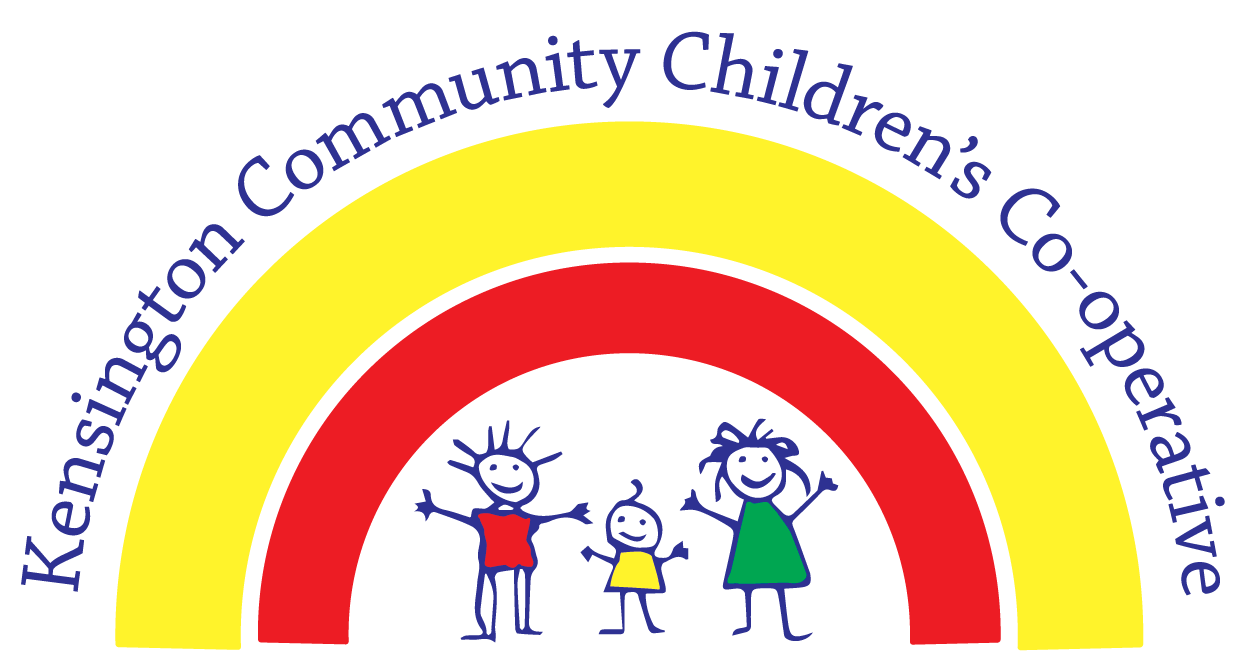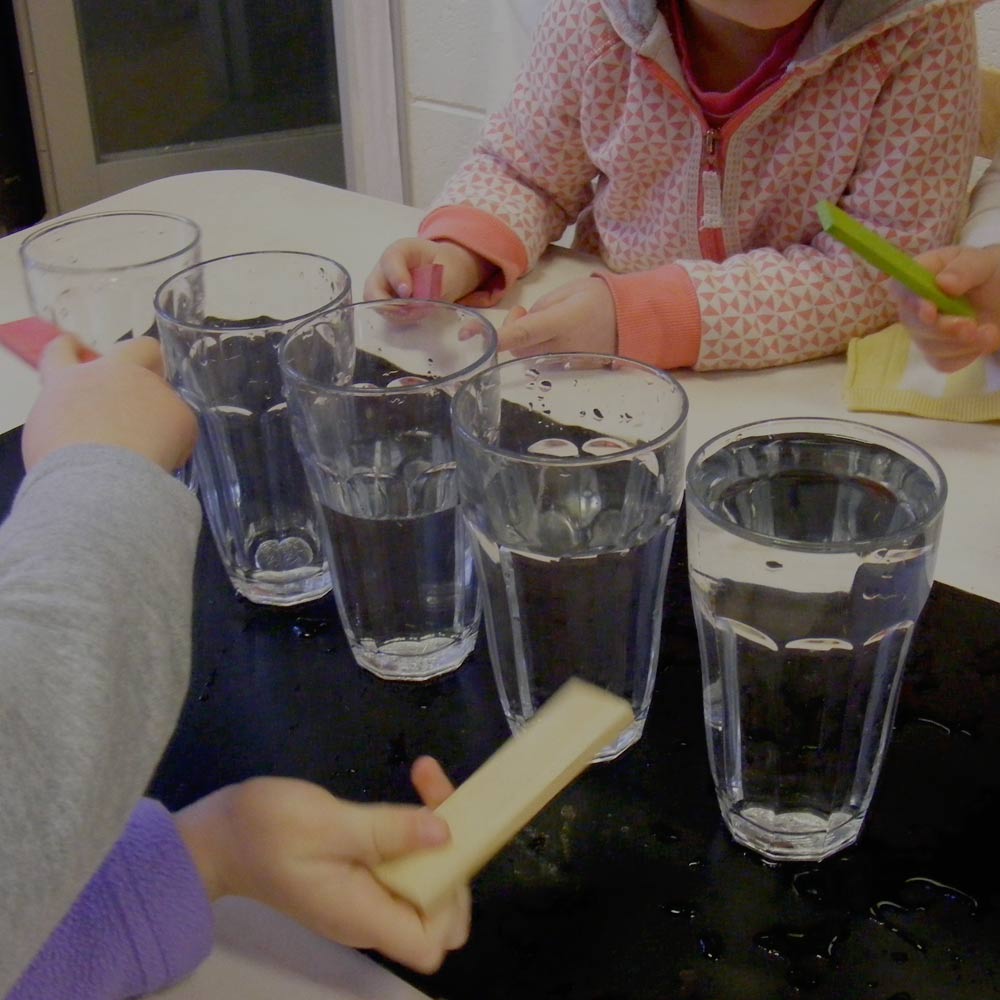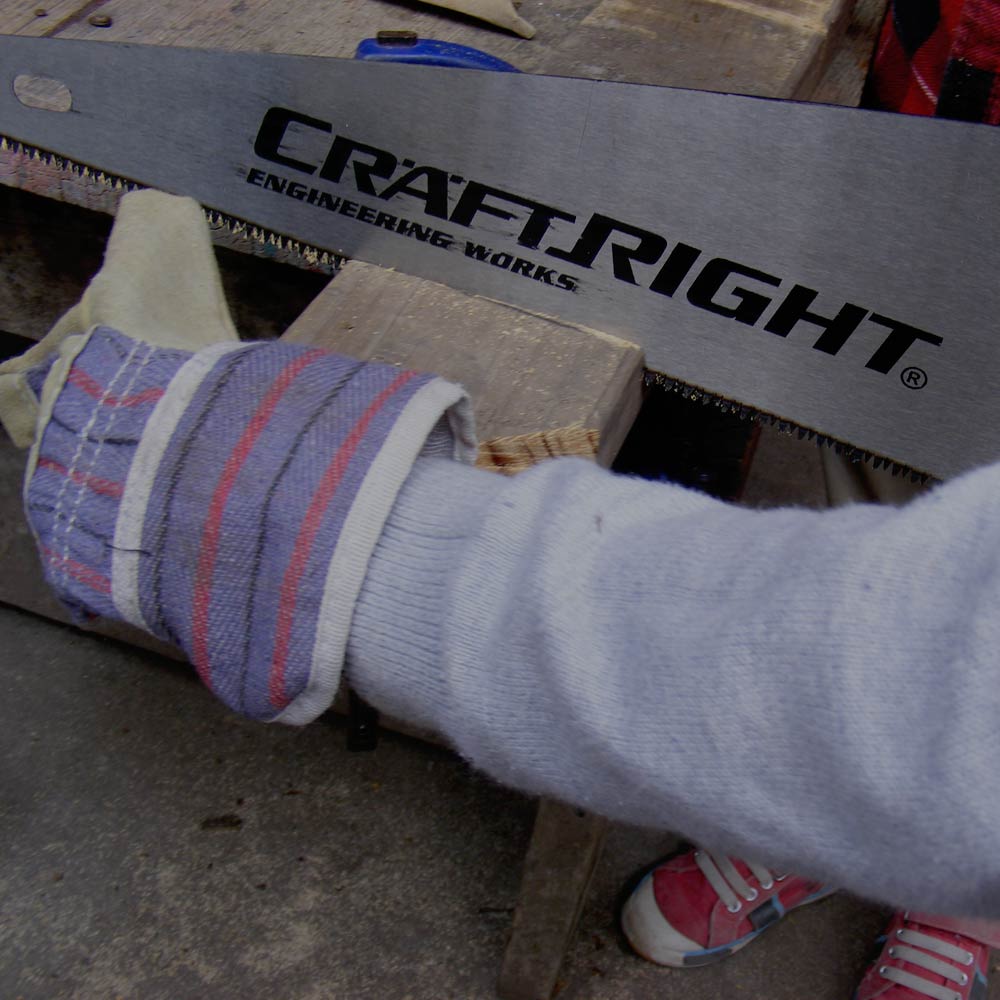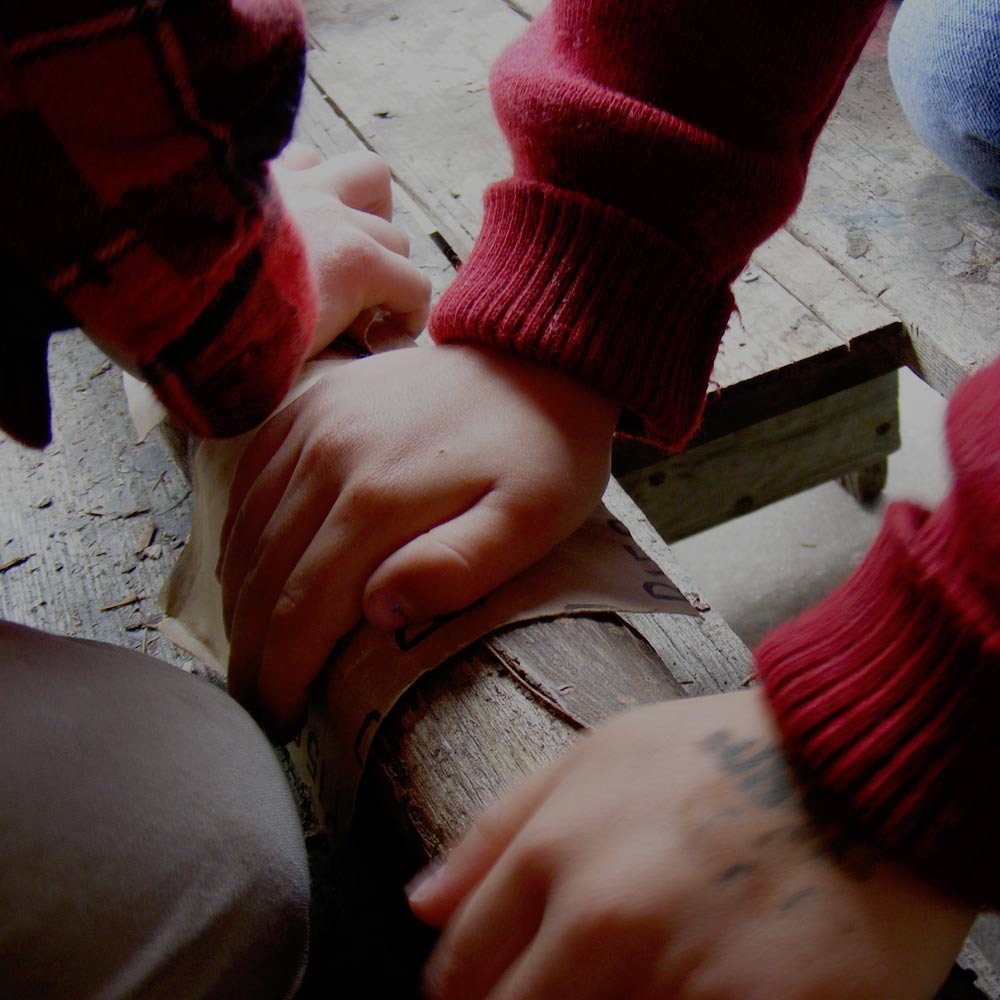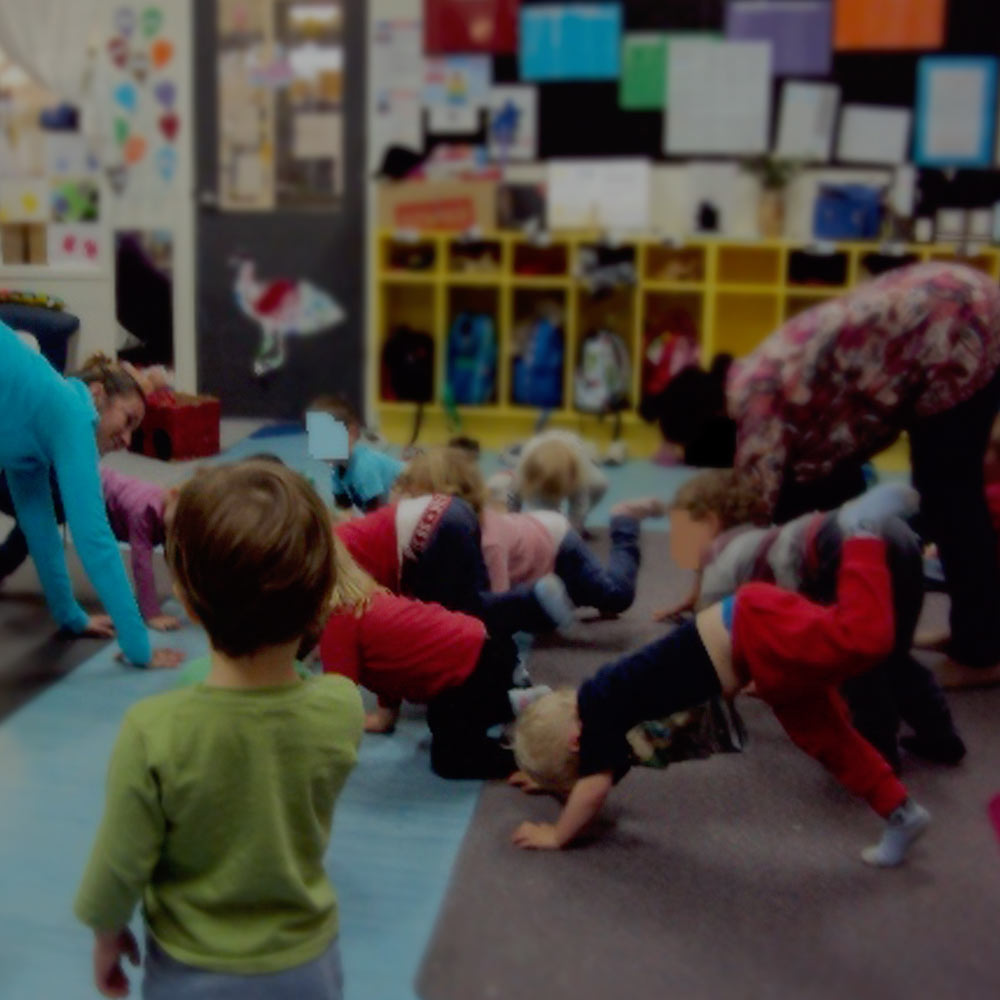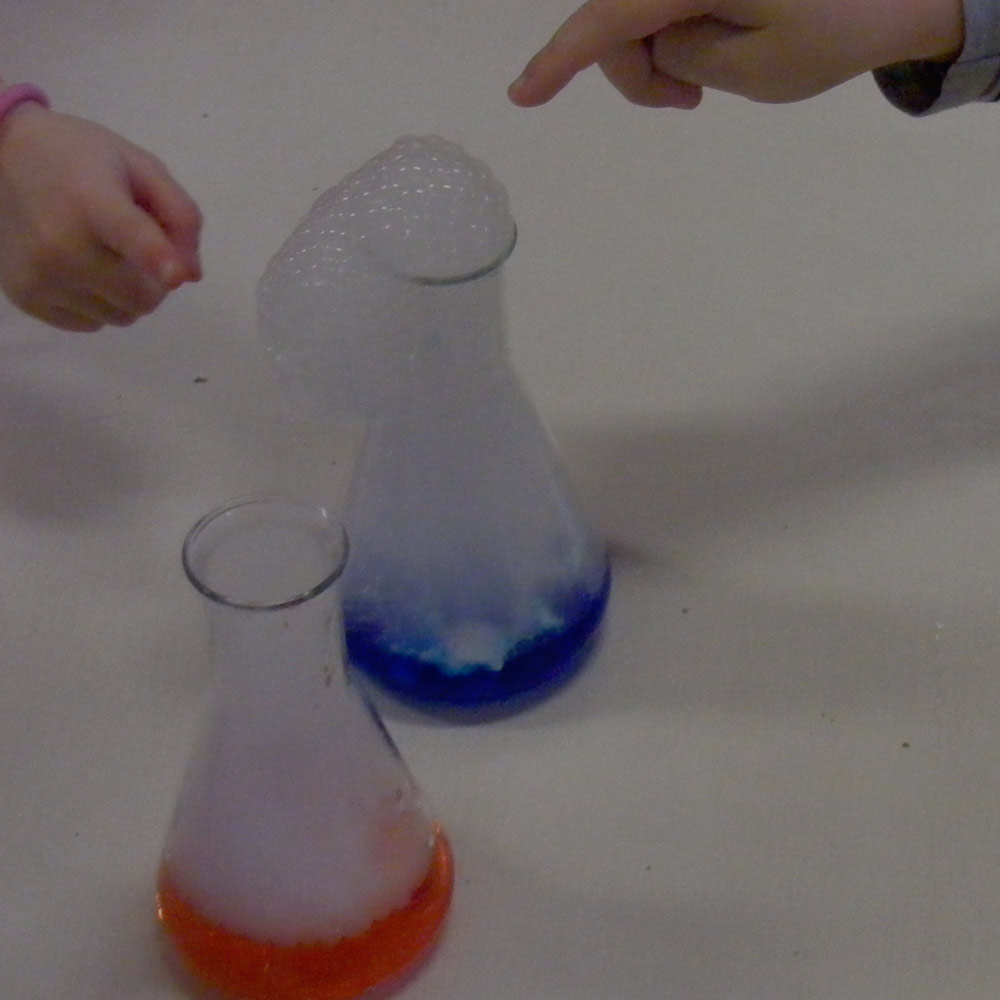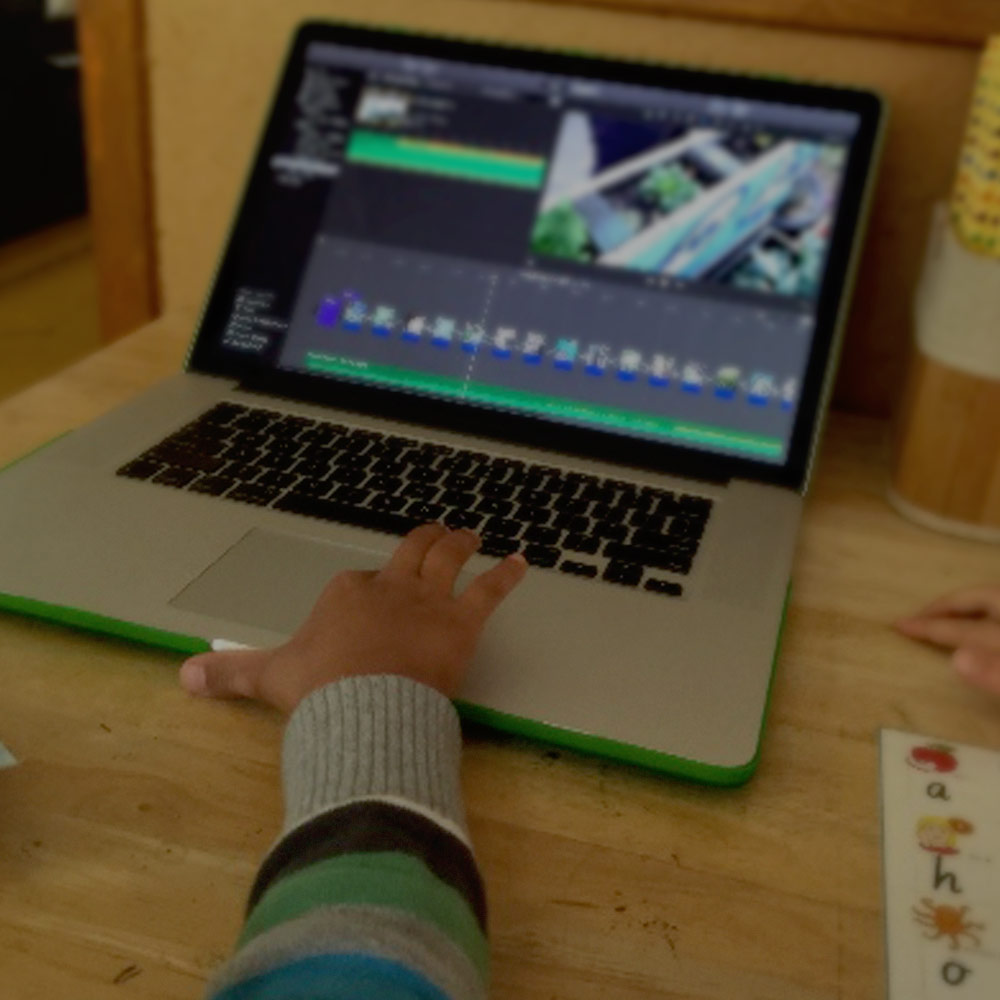Program and Curriculum
Our educational programs embrace a philosophy of respect, learning and community connection. Our commitment to fostering a safe, inclusive and culturally responsive environment is at the heart of all we do.
At KCCC, we acknowledge the significance of Aboriginal and Torres Strait Islander history and culture, and we are dedicated to embedding these perspectives in our everyday practices. We ensure that every child, regardless of background, feels respected, valued and empowered as they embark on their learning journey.
We believe children are active participants, capable and competent, and we work closely with families and the broader community to cultivate a nurturing and collaborative environment. Play is at the core of our philosophy, recognised as vital medium for learning and development. Through play, children engage in hands-on exploration, social interactions and problem-solving, fostering creativity, self-regulation and emotional growth. It is through play that children develop their sense of agency, curiosity and the ability to express their thoughts, ideas and theories.
With a strong focus on sustainability, we integrate environmental social and economic practices that nurture both people and the planet. We are committed to upholding child safety standards and ensuring every child’s right to feel secure, valued and celebrated.
At KCCC, we build a culture of learning, respect and teamwork, where educators collaborate with children to co-create a curriculum that honours each child’s identity and heritage. We are dedicated to maiking a lasting positive impact on children, families and the community, creating an environment where everyone thrives.
We invite you to join us in our mission to create a safe, inclusive and inspiring place for lifelong learning, growth and development through the power of play.
Our early childhood educational programs are play-based environments guided by the Victorian Early Years Learning Framework and National Quality Framework. Children’s Learning and development is documented and supported in collaboration with families and external allied health professionals.
